The most unstable carbocation is:
CH3+CH2
Cl−CH2−+CH2
+CH2−CHO
+CH2−O−CH3
The correct Answer is:C
To determine the most unstable carbocation among the given options, we need to analyze the stability of each carbocation based on the substituents attached to the carbon atom bearing the positive charge.
1. Identify the Carbocations:
- A) CH3-CH2^+
- B) CH2Cl-CH2^+
- C) CH2^+-CHO
- D) CH2^+-O-CH3
2. Analyze Stability Factors:
- Carbocations are stabilized by electron-donating groups (which can donate electron density) and destabilized by electron-withdrawing groups (which pull electron density away).
3. Evaluate Each Carbocation:
- Option A (CH3-CH2^+): The ethyl group (CH3-CH2) is an electron-donating group (due to the +I effect), which provides some stability to the carbocation.
- Option B (CH2Cl-CH2^+): The chlorine atom has a -I effect (electron-withdrawing) but is somewhat distant from the carbocation. The CH2 group can provide some stabilization, but overall, it is less stable than option A.
- Option C (CH2^+-CHO): The positive charge is on a carbon adjacent to a carbonyl group (C=O). The oxygen atom is highly electronegative and exerts a strong -I effect, pulling electron density away from the carbocation, making it highly unstable.
- Option D (CH2^+-O-CH3): Here, the positive charge is on a carbon adjacent to an oxygen atom with a lone pair. The oxygen can donate electron density (through resonance), which provides some stabilization to the carbocation.
4. Conclusion:
- Among the four options, the carbocation in Option C (CH2^+-CHO) is the most unstable due to the strong electron-withdrawing effect of the carbonyl group (C=O), which destabilizes the positive charge.
Final Answer:
The most unstable carbocation is Option C (CH2^+-CHO).
- A) CH3-CH2^+
- B) CH2Cl-CH2^+
- C) CH2^+-CHO
- D) CH2^+-O-CH3
- Carbocations are stabilized by electron-donating groups (which can donate electron density) and destabilized by electron-withdrawing groups (which pull electron density away).
- Option A (CH3-CH2^+): The ethyl group (CH3-CH2) is an electron-donating group (due to the +I effect), which provides some stability to the carbocation.
- Option B (CH2Cl-CH2^+): The chlorine atom has a -I effect (electron-withdrawing) but is somewhat distant from the carbocation. The CH2 group can provide some stabilization, but overall, it is less stable than option A.
- Among the four options, the carbocation in Option C (CH2^+-CHO) is the most unstable due to the strong electron-withdrawing effect of the carbonyl group (C=O), which destabilizes the positive charge.
The most unstable carbocation is Option C (CH2^+-CHO).
Topper's Solved these Questions
- SOME BASIC PRINCIPALS OF ORGANIC CHEMISTRYBOOK - A2ZCHAPTER - SOME BASIC PRINCIPALS OF ORGANIC CHEMISTRYEXERCISE - Structure Isomerism
28 Videos
- SOME BASIC PRINCIPALS OF ORGANIC CHEMISTRYBOOK - A2ZCHAPTER - SOME BASIC PRINCIPALS OF ORGANIC CHEMISTRYEXERCISE - Tautomerism
16 Videos
- SOME BASIC PRINCIPALS OF ORGANIC CHEMISTRYBOOK - A2ZCHAPTER - SOME BASIC PRINCIPALS OF ORGANIC CHEMISTRYEXERCISE - Acid And Basic Strength
29 Videos
- SOME BASIC CONCEPTS OF CHEMISTRYBOOK - A2ZCHAPTER - SOME BASIC CONCEPTS OF CHEMISTRYEXERCISE - Section D - Chapter End Test
30 Videos
- STATES OF MATTERBOOK - A2ZCHAPTER - STATES OF MATTEREXERCISE - Section D - Chapter End Test
30 Videos
Similar Questions
Knowledge Check
The most stable carbocation is :
A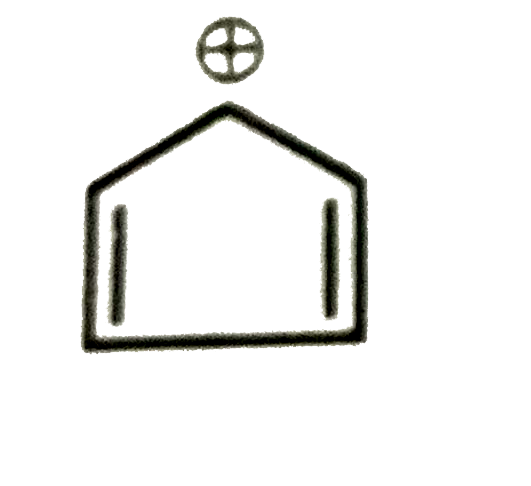 B
B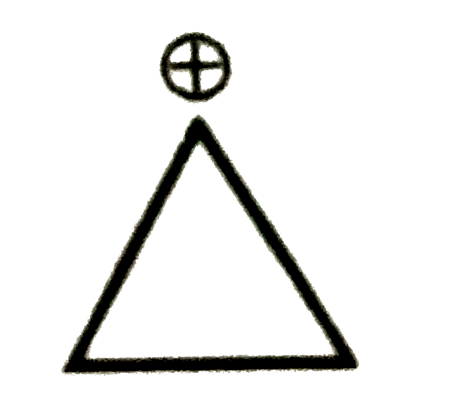 C
C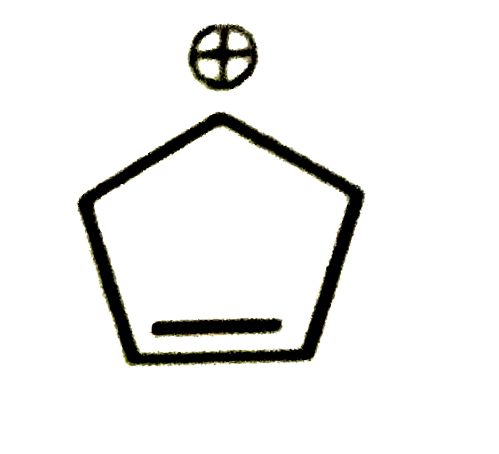 D
D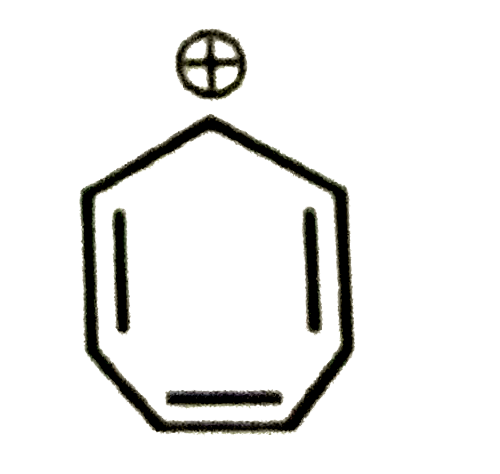
The most stable carbocation is:
A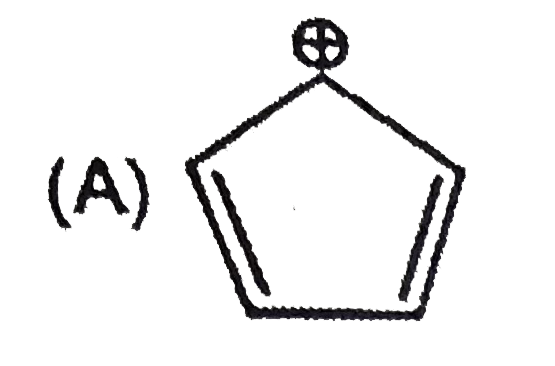 B
B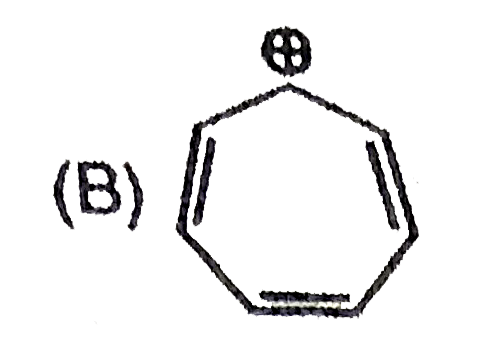 C
C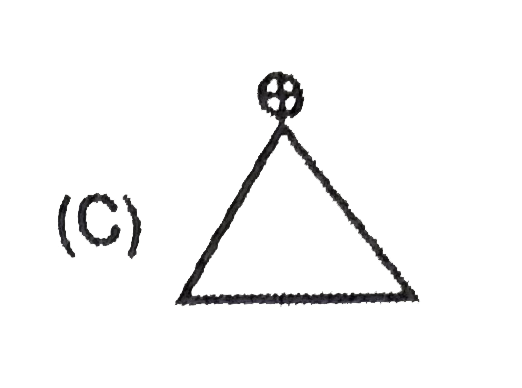 D
D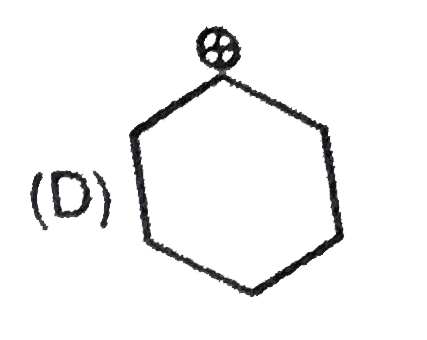
The most stable carbocation is:
A B
B C
C D
D
